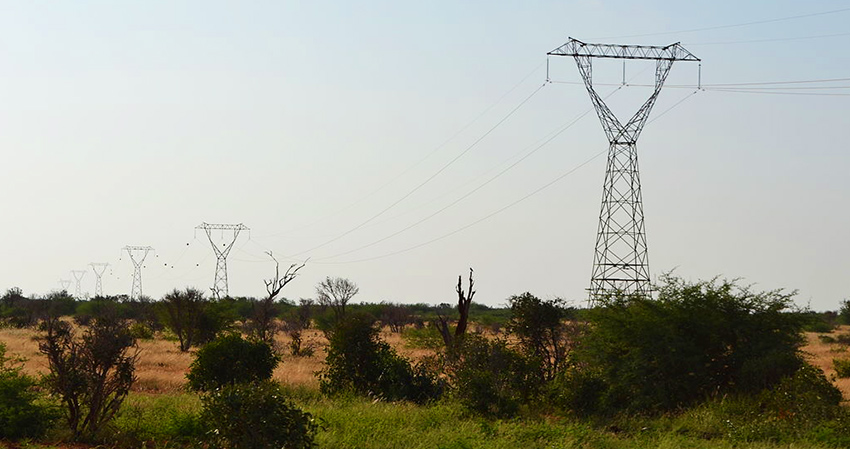The Political Economy and Governance of Rural Electrification

High-voltage electric power transmission line in the Tsavo East National Park, Kenya. Photo by Christopher T Cooper via Wikimedia Commons
Issue:
Many developing country governments lack the capacity to directly implement large infrastructure and service delivery projects, instead hiring private contractors to perform public sector responsibilities: at 14.5% of GDP, low-income countries have the highest share of public procurement in their economies (World Bank 2017). Limited state capacity can also mean weak contract governance and oversight, which can result in widespread leakage of public funds. However, the extent of collusion, under-delivery, or other forms of fund leakage, the costs that leakage imposes on public service provision, and the specific policy mechanisms that could address these problems remain underexplored. This is a particularly relevant concern in the context of Kenya Power’s US$400 million Last Mile Connectivity Project to connect all Kenyan households to the electricity grid, where evidence from budgets, invoices, and observed construction outcomes indicate extensive leakages.
Questions:
- To what extent do independent monitoring of contractors, donor aid conditionality, and politicians’ electoral incentives each play in the quality and timeliness of technical construction, and the overall leakage from a nationwide infrastructure project?
- Do current practices around the construction process disproportionately affect female-headed households through lower connection rates or longer delays?
Abstract:
This study evaluates outsourced public good provision by a low-capacity state in the context of Kenya’s national Last Mile Connectivity Project (LMCP). The LMCP aims to achieve nationwide universal access to electricity by 2020, providing grid connections to millions of Kenyans, the majority of whom live in rural areas and are on average poorer, are less educated, and have fewer economic opportunities than the rest of Kenya. Based on the collection of both technical field assessments auditing construction, and rich administrative and spatial planning data on the entire contracting process across hundreds of projects, the evaluation design will allow researchers to assess how different monitoring and contracting policies affect leakage, cost-effectiveness, and construction quality and timeliness of this nationwide infrastructure project. Large-scale public infrastructure programs, similarly financed by the World Bank and the African Development Bank, are common across Sub-Saharan Africa and other low-income regions, so understanding what contracting policies or monitoring schemes could facilitate higher-quality and more cost-effective implementation of these programs is clearly consequential to the lives of millions of people around the world.
Research updates
The Economist magazine cited on 7 February 2019 early evidence related to Catherine Wolfram et al’s RCT on ‘The Political Economy and Governance of Rural Electrification’.




